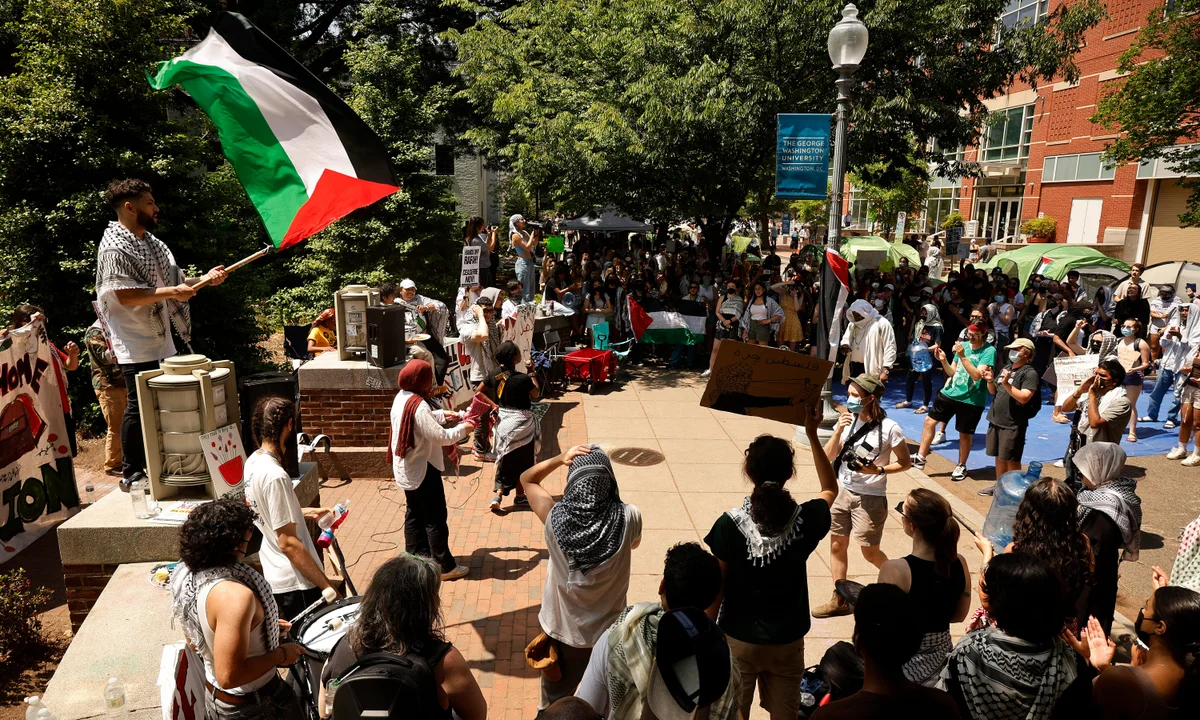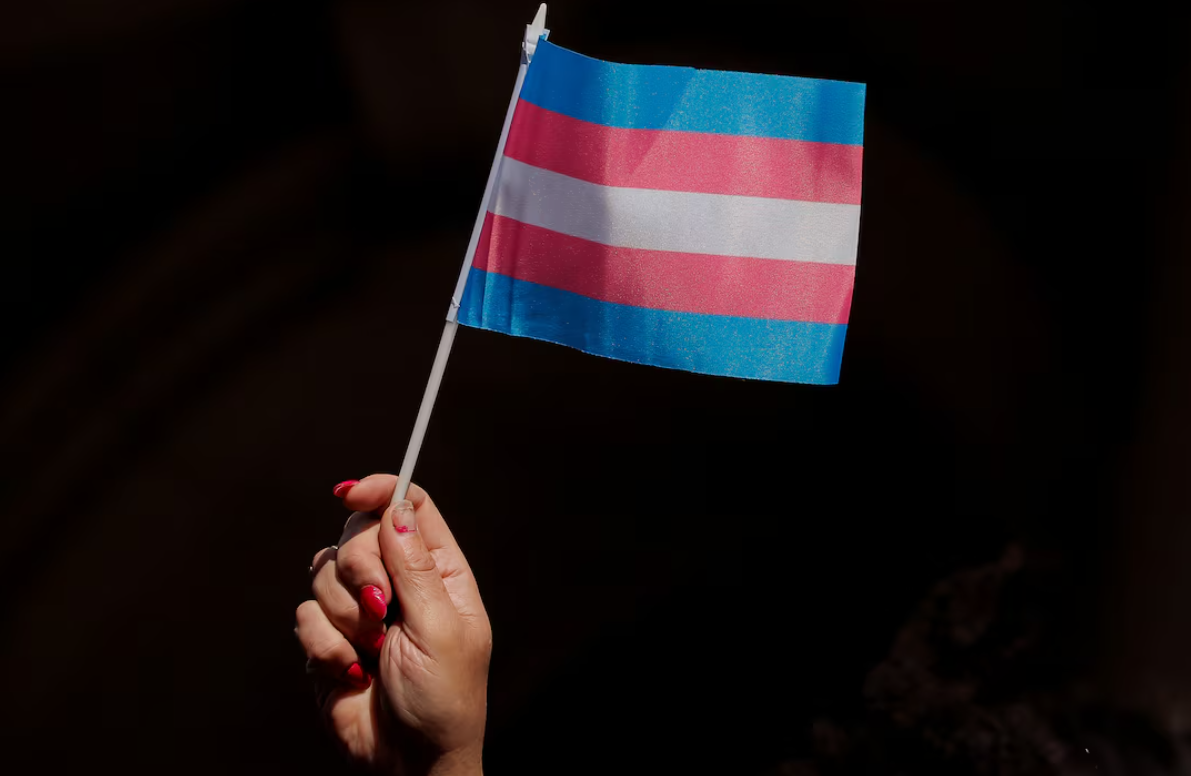The chief diversity, equity, and inclusion officer of Columbia University’s medical school, Alade McKen, plagiarized extensively in his doctoral dissertation, lifting entire pages of material, without attribution, from sources that include Wikipedia, according to a complaint submitted to the university on Wednesday.
The allegations implicate approximately a fifth of McKen’s 163-page dissertation, “‘UBUNTU’ I am because we are: A case study examining the experiences of an African-centered Rites of Passage program within a community-based organization,” submitted to Iowa State University’s School of Education in 2021. More than two of those pages are a near-verbatim facsimile of Wikipedia’s entry on “Afrocentric education,” which is not cited anywhere in the dissertation.
Other pages lift paragraphs from well-known African scholars, including the University of Rwanda’s Chika Ezeanya-Esiobu, while making small tweaks to their prose, such as reordering certain clauses or changing a “were” to a “was.”
Some of the scholars McKen allegedly plagiarized appear in the dissertation’s bibliography but not in in-text citations. Others, like Ezeanya-Esiobu, an expert on “indigenous knowledge” who has worked with numerous international agencies, including the World Bank, aren’t cited at all.
“The passages you shared can definitely be classified as plagiarism,” Ezeanya-Esiobu told the Washington Free Beacon. McKen lifts pages worth of material from Ezeanya-Esiobu’s 2019 chapter “A Faulty Foundation: Historical Origins of Formal Education Curriculum in Africa,” published in the Frontiers in African Business Research book series.
Columbia’s research integrity officer, Naomi Schrag, did not respond to a request for comment. Iowa State University did not respond to a request for comment.
McKen, who holds a certificate in diversity and inclusion from Cornell University, oversees all DEI programs for staff at Columbia University Irving Medical Center, which includes Columbia’s flagship medical school, the Vagelos College of Physicians and Surgeons, and is the largest campus of NewYork-Presbyterian Hospital. The center’s DEI initiatives include mandatory “antiracism” training for faculty and admissions officers, as well as an expedited hiring process for minority scholars.
McKen also works with the Columbia provost’s office, according to a fall 2023 bulletin announcing his appointment. That office oversees tenure decisions for the entire university, including the medical school. Columbia did not respond to a request for comment about whether McKen has oversight of faculty and doctors.
Before arriving at the medical center, McKen was the assistant dean of recruitment, diversity, and inclusion for Columbia’s graduate school of architecture. His current role was created in 2021 when the medical center hired Tonya Richards as its inaugural chief diversity officer. The new position came as the university was embarking on an ambitious plan to address “structural racism” in health care, guided by a 100-person task force drawn from Columbia’s four medical schools: the Vagelos College of Physicians and Surgeons, as well as the schools of nursing, dentistry, and public health.
“It is very clear that promotion of diversity or even the presence of diversity is insufficient to counter deeply embedded anti-Black racism,” read the task force’s 2020 report. “Our self-reflection and actions at this time must be focused on the elimination of racism in all aspects of our work.”
The complaint against McKen, which was filed anonymously, marks the third time in one month that a diversity administrator at an Ivy League school has been hit with charges of plagiarism. Other complaints have alleged that Harvard Extension School’s Title IX coordinator, Shirley Greene, copied paragraphs and tables from other scholars without proper attribution and that Harvard University’s chief diversity officer, Sherri Ann Charleston, took credit for an entire study done by her husband. The allegations against both officials followed the downfall of former Harvard president Claudine Gay, who resigned after nearly half her published work was implicated in a plagiarism scandal.
McKen’s dissertation contains some of the most extreme examples of plagiarism thus far. The 50-page complaint, which was submitted to Iowa State University as well as Columbia, outlines nearly 60 cases in which McKen, who assumed his post at the medical center last year, borrows passages from Africanists, education scholars, and diversity consultants without attribution.
One of the plagiarized authors is Kwayera Archer-Cunningham, a “change agent” and “well-being coach” who offers courses on “decoloniality.” McKen lifts over five paragraphs from Archer-Cunningham’s 2007 journal article “Cultural Arts Education as Community Development: An Innovative Model of Healing and Transformation,” in New Directions for Adult and Continuing Education.
As with Ezeanya-Esiobu, McKen makes scant changes to the plagiarized text. One passage simply switches the order of two items in a bulleted list while keeping their contents identical, and without citing Archer-Cunningham’s paper in parentheses.
The passages appear to run afoul of Iowa State University’s plagiarism policy, which state that “it is a violation for students to reproduce another person’s paper, work or artistry, even with modifications.”
McKen did not respond to a request for comment. Archer-Cunningham, who founded the Brooklyn-based arts academy on which McKen’s dissertation research was based, did not respond to a request for comment.
McKen also lifts a jargon-filled passage from LaGarrett King, a scholar of black education at the University of Buffalo who urges the “dismantling” of “white epistemic logic.” King is not cited anywhere in the dissertation and did not respond to a request for comment.
Another paragraph cribs from a 2002 paper by Michael Adeyemi and Augustus Adeyinka, “Some Key Issues In African Traditional Education,” published in the McGill Journal of Education. McKen never cites the 2002 paper, though he does include a different article by Adeyemi and Adeyinka—both scholars at the University of Botswana—in his bibliography.
Adeyemi and Adeyinka did not respond to a request for comment.
The complaint alleges that McKen plagiarized over 30 authors total, not including Wikipedia. While the allegations only cover his dissertation, McKen has published multiple academic articles, according to his Google Scholar profile, with titles such as “Black Men in Engineering Graduate Education: Experiencing Racial Microaggressions Within the Advisor–Advisee Relationship” and “I Am Because We Are,” which explores “how African cultural practices can direct learning toward liberation.”
In September, McKen outlined his DEI priorities in a news bulletin for the medical center. “Everyone here,” he said, “is committed to doing the work.”




